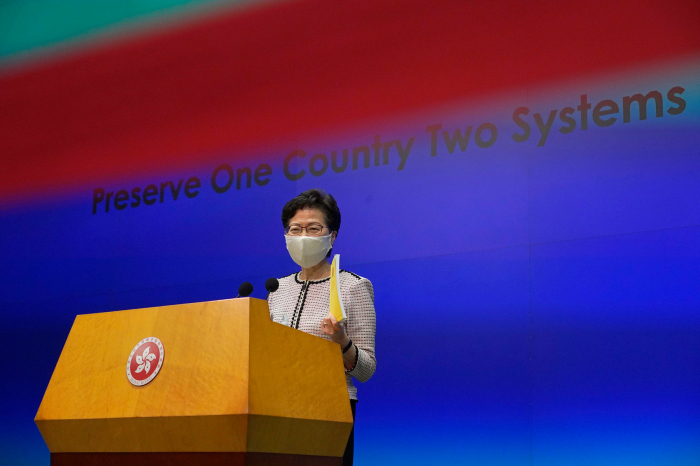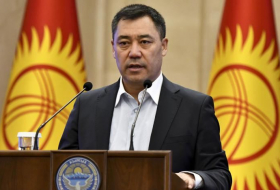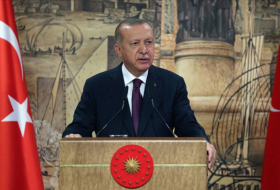Hong kongers have fretted for years about when and how national-security law might be applied in the territory. They will soon find out. In May China announced it would enact a bill for Hong Kong concerning crimes such as subversion and secession, without referring to the city’s legislature. Lawmakers in Beijing are now drafting the act in hugger-mugger. On June 20th they released an outline. Worrying seems right.
Already Hong Kong is plastered with billboards hailing the new law, even though senior officials in the city have yet to see the bill. It is possible that it will not be made public before the law is promulgated. China may want to enact it by July 1st, the anniversary of Hong Kong’s handover to China in 1997. That is traditionally an occasion for protests. The point of the new law is clearly to deter the kind of unrest that has roiled Hong Kong since last year.
The official description of it stresses that the bill will comply with “important principles of the rule of law” and international human-rights legislation. But it will take precedence should a conflict arise between the new law and existing ones. The legislature in Beijing will be able to overrule any verdict. There may be little need for that: Hong Kong’s government will decide which judges can handle national-security cases.
Hong Kong’s police will investigate such crimes. But, in a “tiny” number of important cases, central-government agencies will be allowed to step in. Hong Kong’s chief executive will head a new national-security commission, with one seat reserved for a central-government “adviser”. A new body will be set up in Hong Kong for mainland spooks to “collect and analyse national-security intelligence”. That is likely to mean they will name targets, even if arrests will be made by a new branch of the local police that will focus on national security.
A senior adviser in Hong Kong to the central government, Lau Siu-kai, says the aim is to “kill a few chickens to frighten the monkeys”—to deter people with a few high-profile sentencings rather than carry out sweeping arrests. That is just how the party likes to crush dissent on the mainland. One country, one system creeps ever closer.
The Economist
More about: China
















































